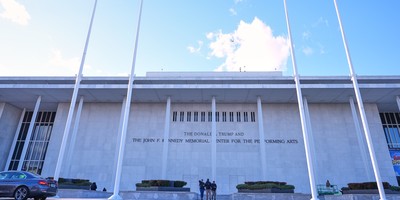“Doing nothing new and simply working with pre-existing [federal bankruptcy] procedures would have been much better than anything we’ve done so far.”
–Harvard Professor Jeffrey Miron, “The Case for Doing Nothing,” July 10, 2009
I’ve been a big fan of the Austrian school of economics and have written books on the subject, including “The Structure of Production” and the first purely “Austrian” textbook, “Economic Logic.”
The ideas and policies of giants like Ludwig von Mises and Friedrich Hayek have much to offer the world. They are better than other schools in identifying the imbalances in the global economy that can cause trouble down the road. The Austrian school of economics was one of the few to warn of impending disaster coming from the real-estate bubble.
But I have my doubts about Austrian school policy recommendations during a financial crisis. Most Austrian economists advocate “doing nothing” and letting the whole unsound monetary system collapse, thus forcing a return to a sound gold standard, and discouraging banks and financial institutions from engaging in “moral hazard” in the future.
But there are unintended consequences of this severe “austerity” program. The Austrians ignore the real danger that such a collapse in today’s dependent society would result in economic chaos, untold misery to millions of innocent citizens whose jobs and wealth would be destroyed and the possibility that tyranny would replace a constitutional democracy.
Recommended
This week, theWall Street Journal(page A2, “2008 Crisis Worse Than Depression”) reported that former Fed Chairman Ben Bernanke told a federal court the following: “September and October of 2008 was the worst financial crisis in global history, including the Great Depression.” He went on to say that of the 13 “most important financial institutions in the United States, 12 were at risk of failure within a period of a week or two.”
My view is that “doing nothing” would have done little to handle the enormous crisis of 2008.
In case you missed it, I encourage you to read my e-letter column from last week about the perception of some that the government can do no wrong.
























Join the conversation as a VIP Member